Lifting the curtain on the Swiss intelligence service

The ongoing scandal of an alleged Swiss spy arrested in Germany at the end of April has shone a spotlight on the Federal Intelligence Service (FIS). swissinfo.ch reveals what it gets up to – and who watches the watchers.
What is the FIS’s job?
In a nutshell, the FISExternal link is “concerned with the early perception and prevention of terrorism, violent extremism, espionage, proliferation of weapons of mass destruction and their delivery system technology as well as cyberattacks against critical infrastructure,” according to its website.
It is active at an international level to gain information relevant to security policy from abroad to help assess possible threats. The FIS cooperates with the government, the ministries and the military command and helps the cantonal authorities maintain inner security.
How many people work for it?
The intelligence service employed 284 people last year, an increase of 25 posts compared with 2014. Defence Minister Guy Parmelin has said at least 20 additional staff will be hired by 2019.
Who are they?
The FIS, led by Markus Seiler, says it hires policemen, IT specialists, electricians, engineers, biologists as legal experts, specialists in Arabic, Chinese and Slavic studies, archaeologists, office workers, translators and human resources staff. The list includes 26 job profiles.
Their tasks are described as computer experts, analysts, researchers and specialists in international relations.
How big is the budget?
The annual budget was CHF63.3 million ($63.2 million) in 2014 and stands at CHF72.7 million for the current year.
What partner organisations does the FIS work with abroad?
Officially there are “about 100 other foreign services”, but the FIS has declined to give further information.
Following a court case with the tabloid Blick newspaper last year, the FIS for the first time released figures about the extent of data exchange with other agencies abroad. It emerged that the FIS obtained about 9,000 pieces of data and passed on about 4,500 in 2015.
Why does the Swiss secret service agency have no separate foreign and domestic branches like in the United States or in Britain?
Up until 2010 there was a domestic unit in the justice ministry and a foreign (or military) service responding to the defence minister. In response to repeated criticism, notably from parliament, the two units were merged into the FIS.
Historically, a federal military secret service was set up only in 1937, a few years before the outbreak of the Second World War. Previously, intelligence gathering had been left to police forces.
How secret is the secret service and who keeps an eye on its activities?
The FIS is supervised by the cabinet, parliamentary committees, the defence ministry and the federal administration.
As part of a new law to come into effect this September, another supervisory body has been added. On May 10, the government appointed Thomas Fritschi as head of a new independent watchdog body of the intelligence service.
Fritschi’s task is to ensure that the secret service, its cantonal branches and third parties act within the law and that they work efficiently. He is also due to coordinate the supervision by the different parliamentary and administrative units.
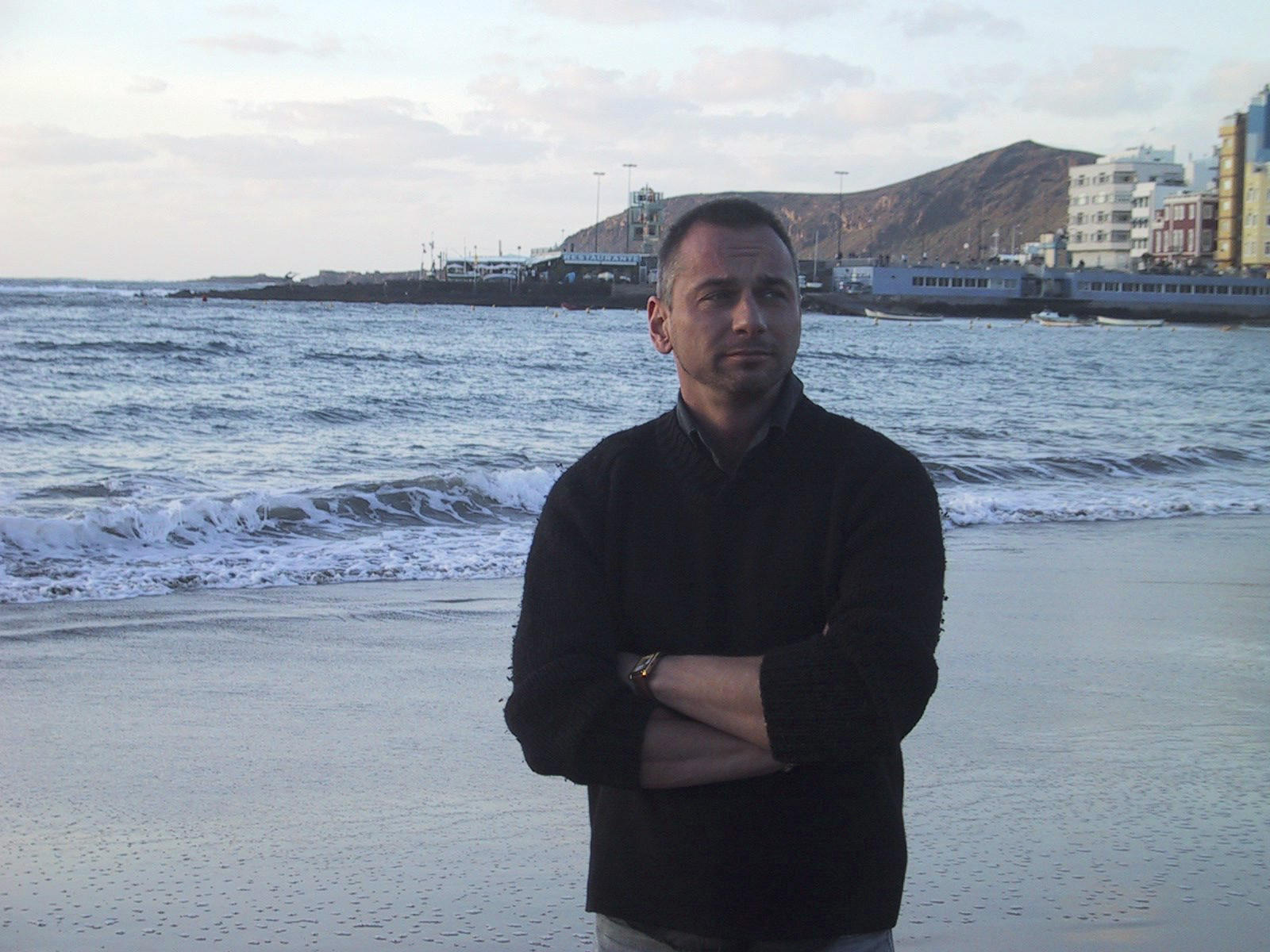
In 2016, voters endorsed a parliamentary decision to boost the powers of the FIS, allowing the Swiss intelligence service to tap private phone lines and monitor cyberspace activities to prevent terrorist attacks.
How efficient has the secret service been in its 70-year history?
Given the nature of the secret service it is impossible to provide a comprehensive list of successes or failures of an alleged Swiss spy investigating tax inspectors in Germany on behalf of the FIS, it seems easier to point the finger at the intelligence service.
But Swiss historian Christophe Vuillemier argues that the Swiss intelligence service has 70 years of experience building up an important network of contacts. He says the service suffers from a lack of resources, including personnel.
Speaking on Swiss public radio, RTS, he pointed out that Swiss spying activities have a certain tradition, as foreign powers hired Swiss agents to work for them, paying lucrative salaries. Vuillemier says the Swiss often had a competitive advantage as the country was neutral in the two wars.
In August 2016 the leftwing Wochenzeitung weekly described the FIS as a story of flops, failures and fumbles (“Pech, Pleiten und Pannen”). The paper told the story of an allegedly disgruntled IT expert working for the FIS who stole confidential data and tried to sell it before being arrested in 2012.
A recent article in the Tages-Anzeiger listed several high-profile cases that the FIS would prefer to forget.
For example former FIS accountant Dino Bellasi, who was arrested in 1999 on suspicion of defrauding his employer of CHF8.9 million ($8.8 million) over about ten years.
Then there is the story of Claude Covassi, asked to spy on a controversial Swiss imam in Geneva. But he leaked information about his mandate to the media and later apparently converted to Islam.
The Tages-Anzeiger also mentions an alleged scandal about a secret service agent investigating a case of tax fraud and adulterated wine. The computers of several journalists trying to dig up the story behind it were hacked.
The FIS is also suspected of failing to stop in time a French-Italian whistleblower, Hervé Falciani, who was allegedly behind the sale of stolen information of some 130,000 holders of Swiss bank accounts who were trying to evade taxes in other countries. Critics say the intelligence service and the Federal Office of the Attorney General already had enough information in 2008 to prevent the Switzerland’s biggest banking data leak. Falciani was sentenced in absentia in 2015 and given a five-year prison sentence for financial espionage.
In addition, there was the discovery in 1989 of secret service files on up to 900,000 people and organisations suspected of trying to undermine the Swiss state during the Cold War period. The “secret file scandal” shook the nation.

In compliance with the JTI standards
More: SWI swissinfo.ch certified by the Journalism Trust Initiative

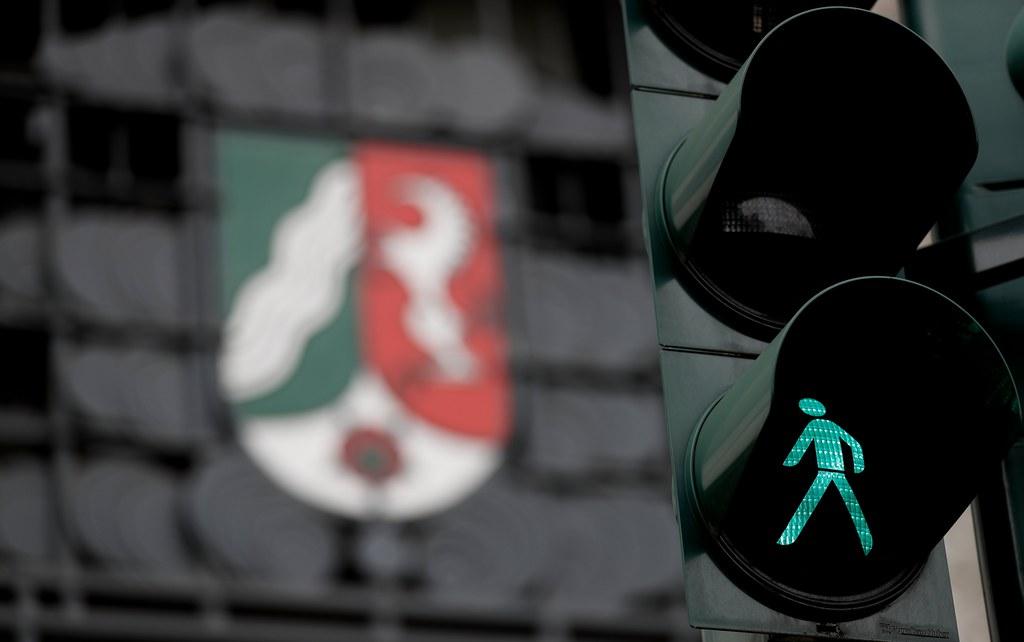

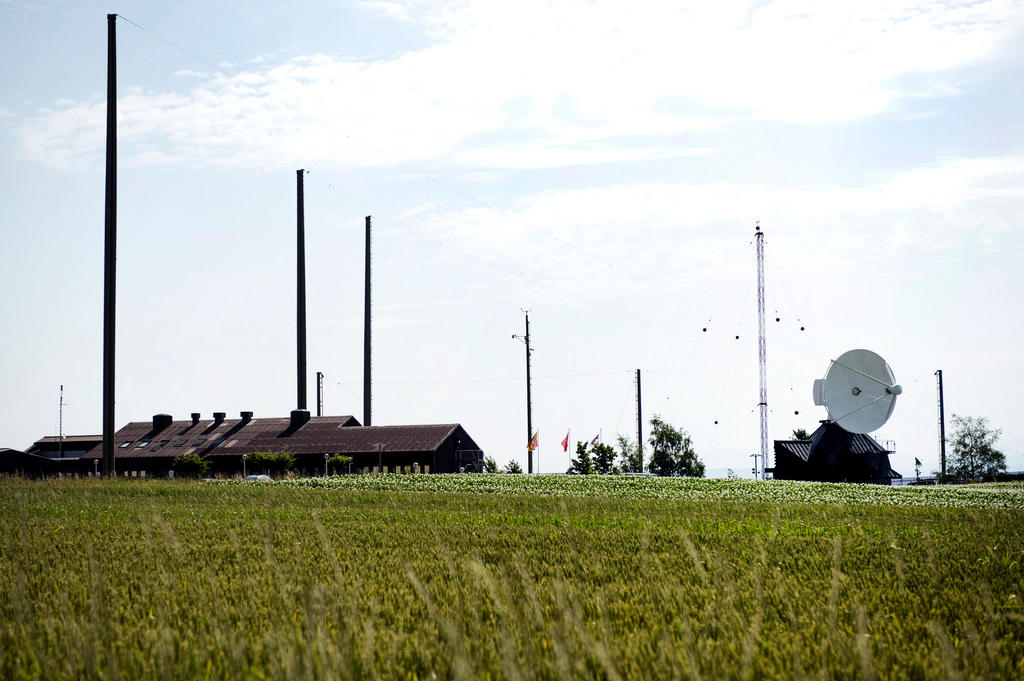
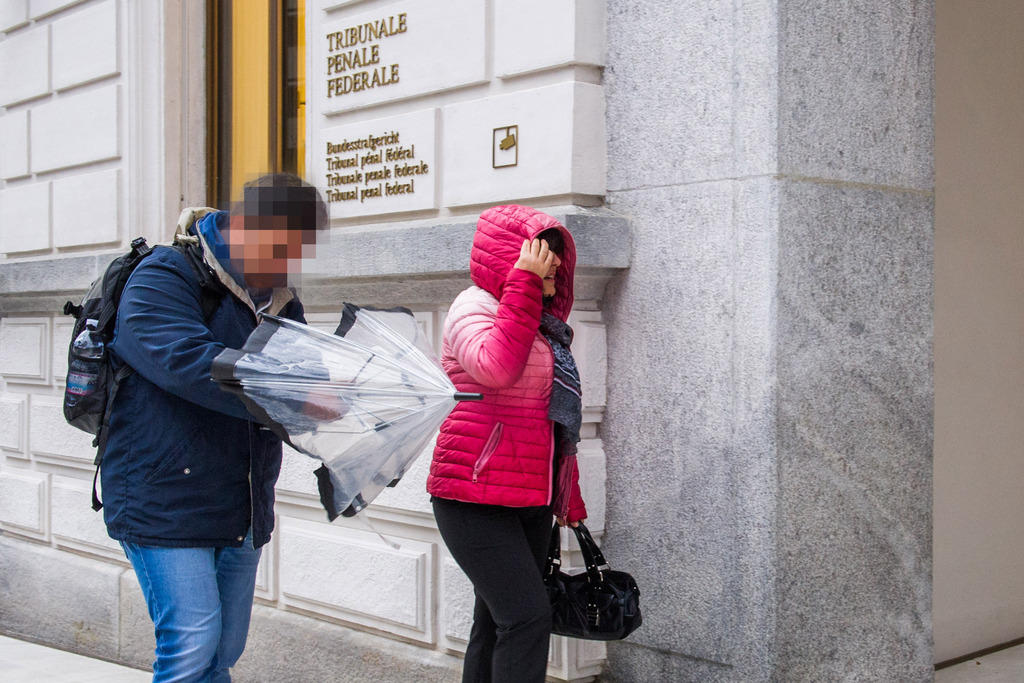
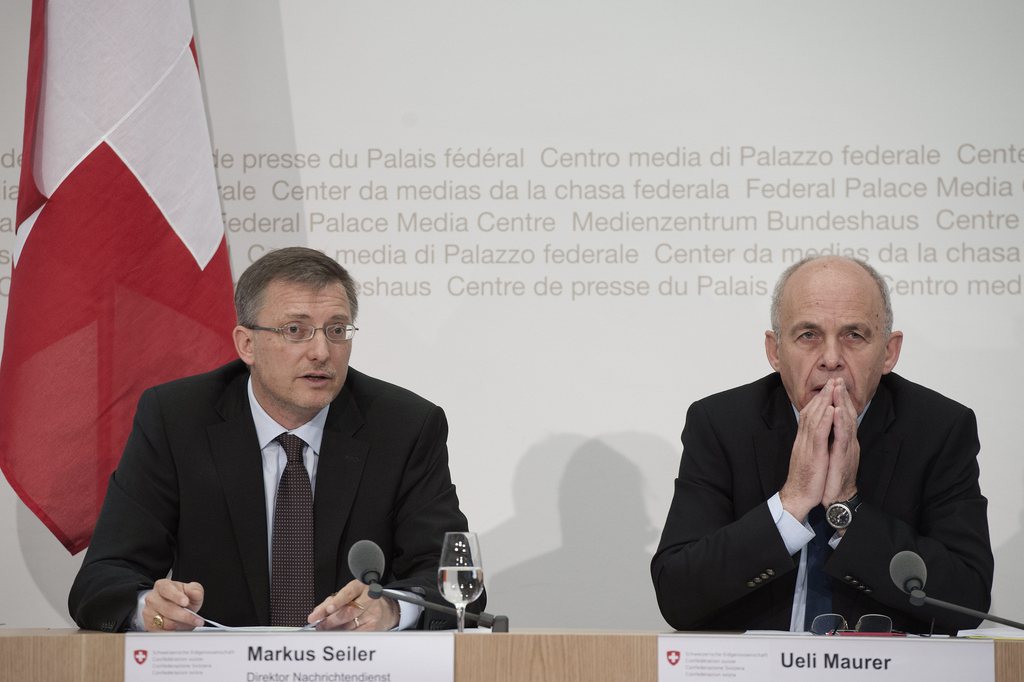

You can find an overview of ongoing debates with our journalists here. Please join us!
If you want to start a conversation about a topic raised in this article or want to report factual errors, email us at english@swissinfo.ch.